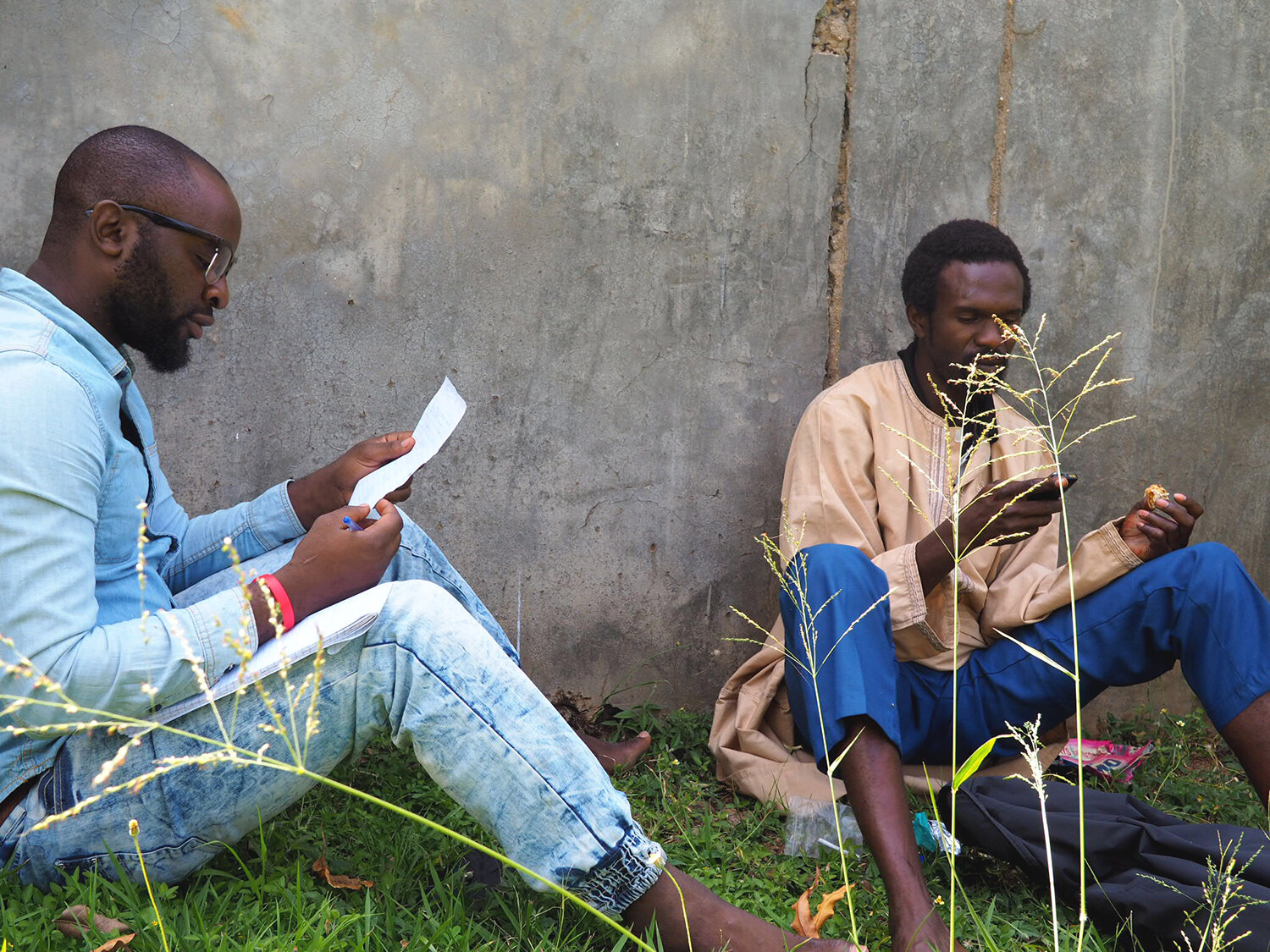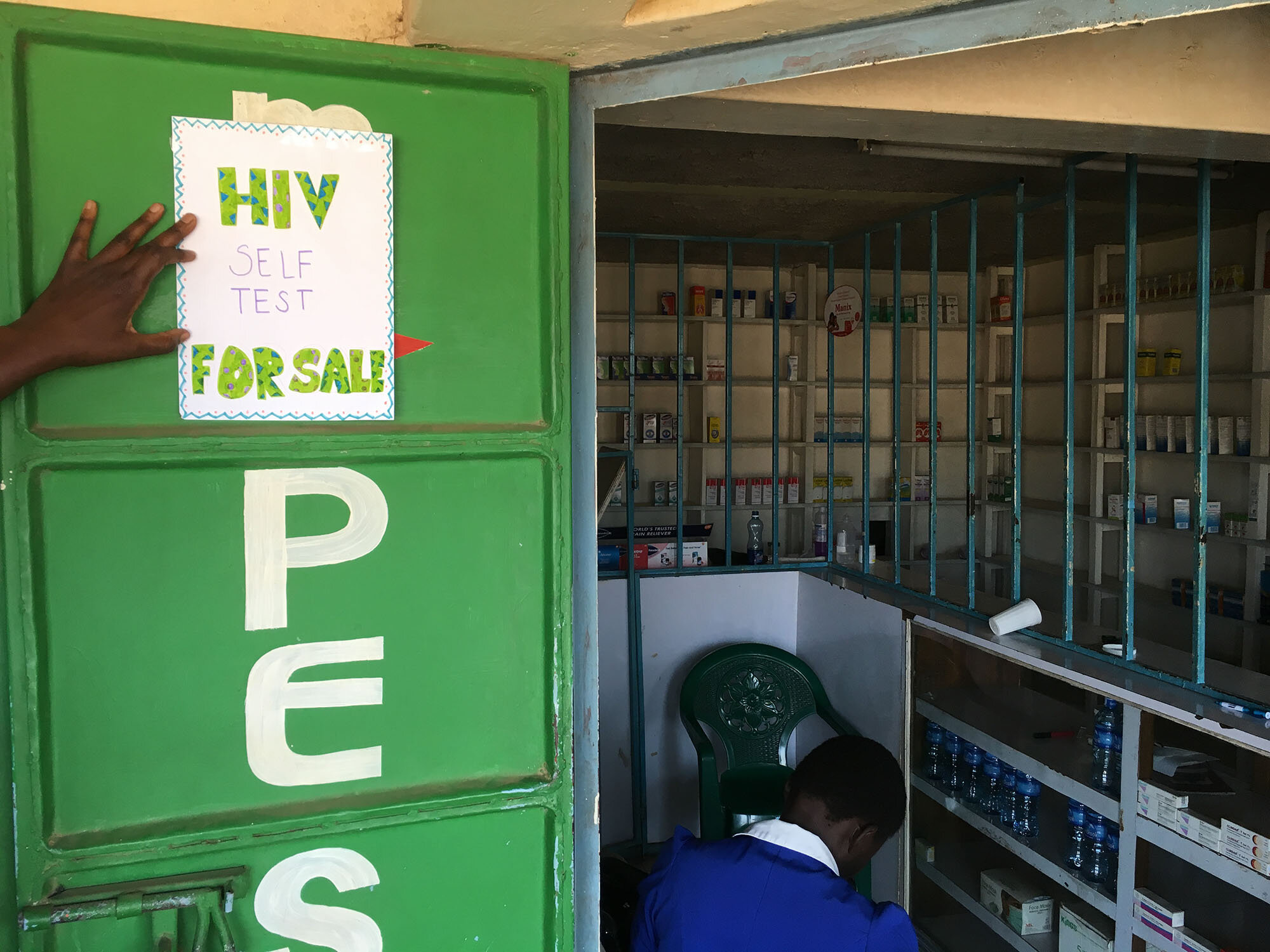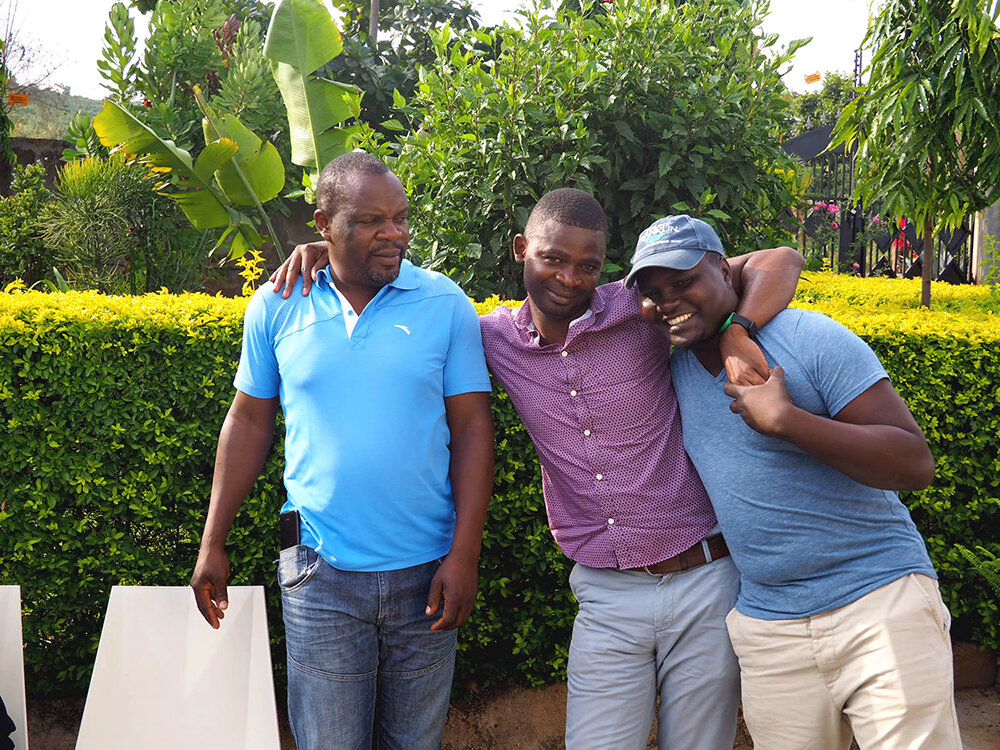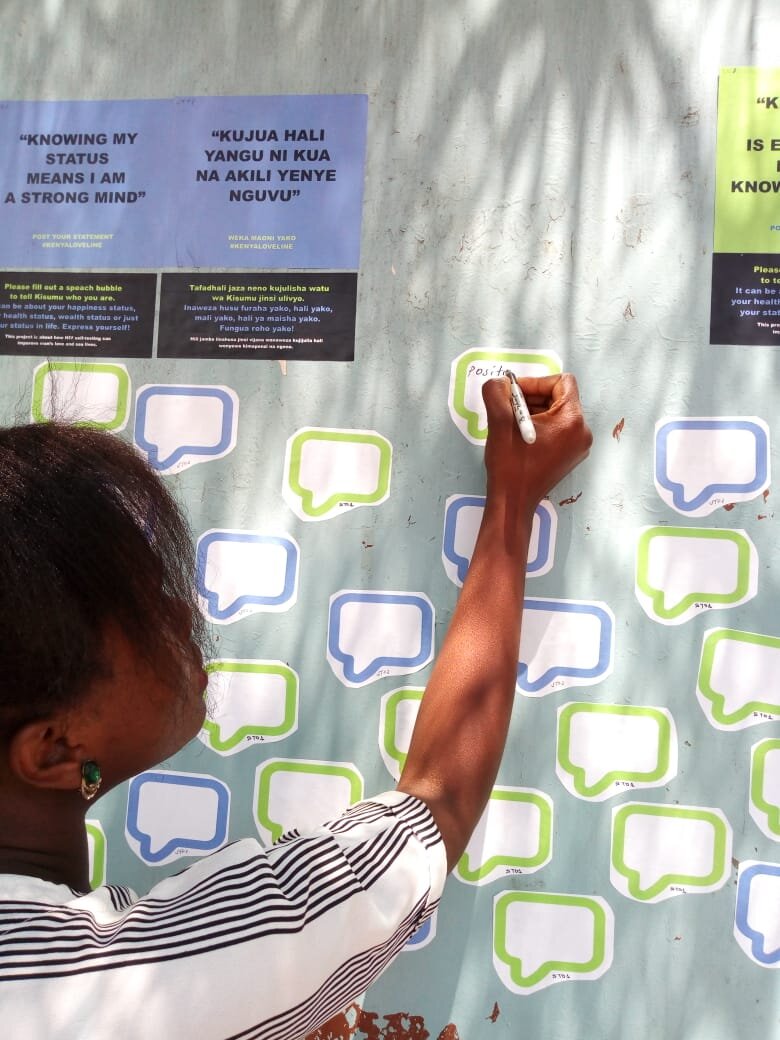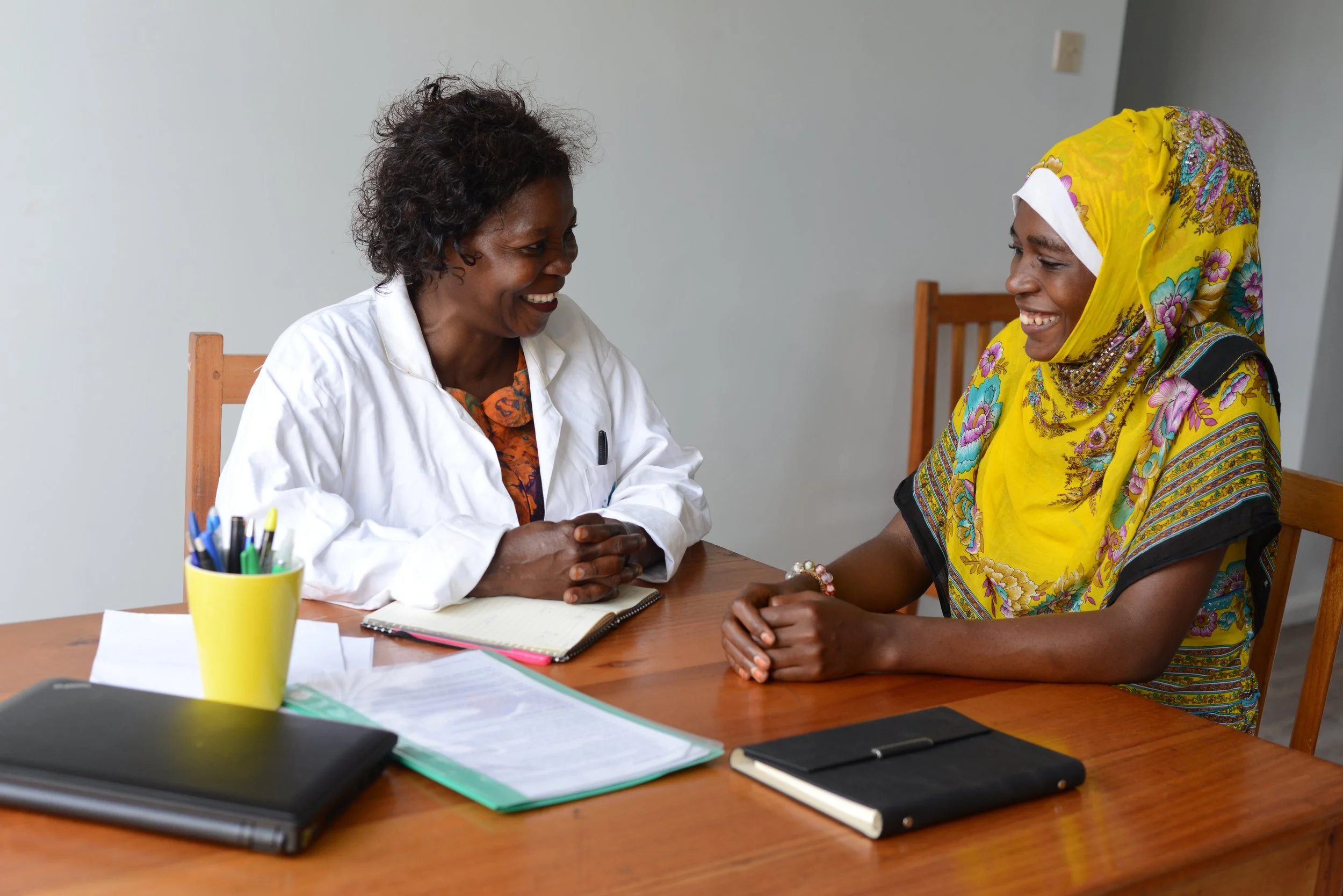Warrior Health
Encouraging uptake of HIV self-testing among never-and infrequent-testers through social support and spoken word artists
Project:
Warriors Health
Location:
Kenya
Funders:
Design Challenge Fund
Category:
Sexual & Reproductive Health
HIV/AIDS
Challenge
Despite HIV self-testing (HIVST) rolling out in more regions across Kenya, there are still significant gaps in testing, especially among high-risk young men (18-24) with no history of testing in the last 12 months. Using a youth-driven design approach, YLabs engaged young men in an 8-week design sprint to explore opportunities to ensure young men can confidently use HIVST and link to care.
Regardless of the outcome, young men view testing as a threat. With the growing availability of antiretroviral therapies in Kenya, most young men involved in the project believed they could survive HIV, but no one believed they could continue to live a normal life with HIV. This was especially true for low-income young men with limited emotional support. In our sample, infrequent testers were often economically disenfranchised, with 43% reporting food insecurity in the last week.
“Will testing bring food?” one young man asked, demonstrating that HIV testing was a low priority given daily his economic struggles.
Innovation
Warrior Health is a workplace intervention that combines peer-support, meaningful messaging, and economic inclusion activities to encourage the uptake of HIVST. Built upon the need for support across the testing-to-treatment continuum, Warrior Health is designed to help young men feel confident about testing by themselves, without ever feeling that they are testing alone.
The program leveraged local spoken word artists to deliver an above-the-line, demand generation campaign that speaks directly to the issues that most concerned young men; having a normal, healthy sex life and continued participation in a fun, youthful lifestyle.
By anchoring the program within workplaces, Warrior Health built upon existing peer networks to encourage supported, de-stigmatized testing. Small-business grants were offered to encourage the employee uptake of HIVST, which acted as a support system after testing, regardless of diagnosis.
Next Steps
The Warrior Health program engaged 144 young men in the co-design and iteration phase. YLabs then prototyped the program with 105 young men. Of these, 82% of participants sought an HIV self-test from a designated pharmacy and 1 in 4 chose to take home an extra test for a friend or a partner.
The early success of this design sprint suggests that a combined-intervention approach that addresses the most critical concerns of young men -- social and economic support -- has a high potential to encourage uptake of HIVST among never- and infrequent-testers. YLabs is currently seeking partnerships to pilot the Warrior Health program at scale.


